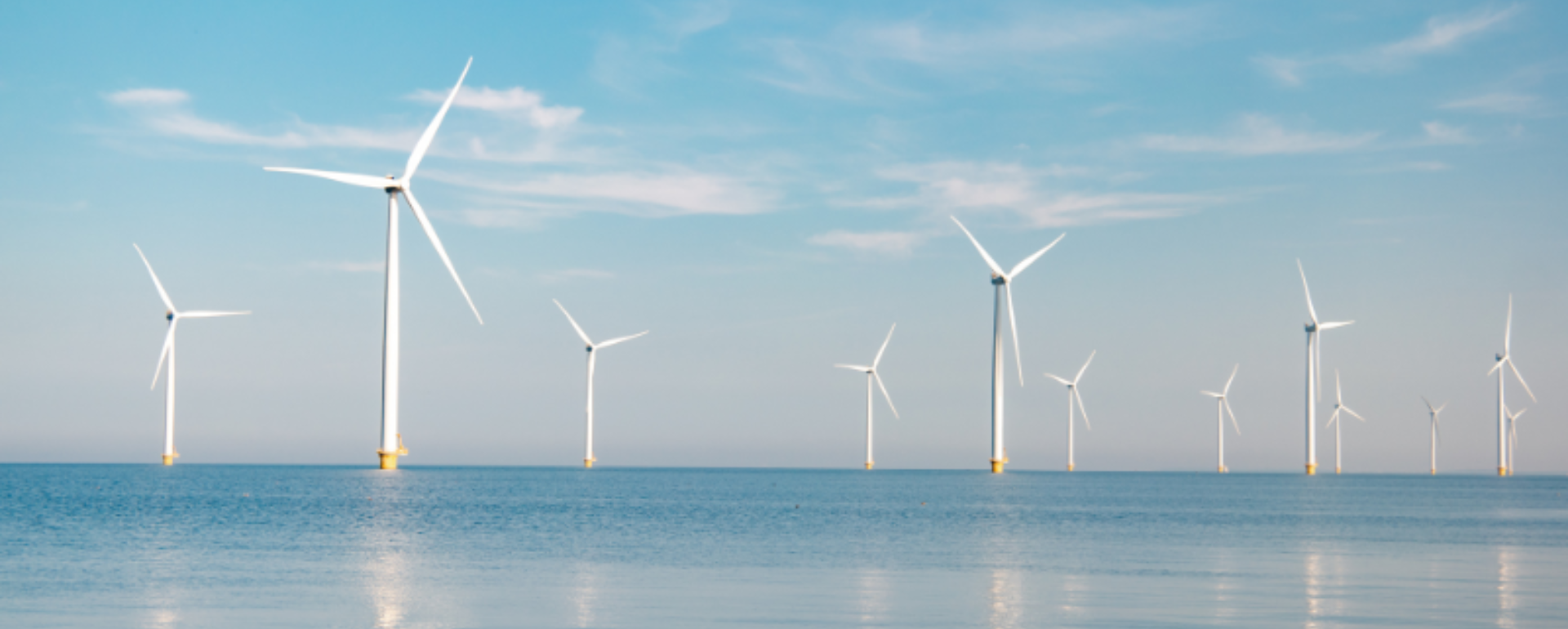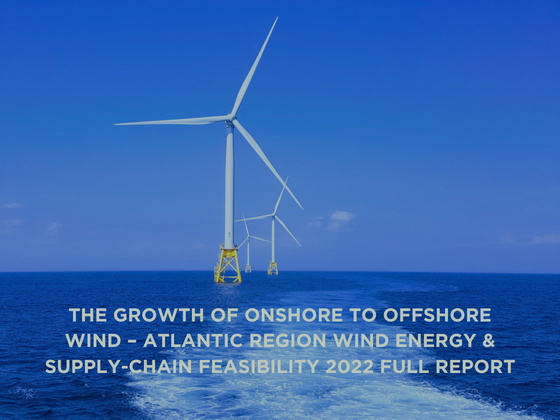Tuesday, 1 November 2022

A new study by Dublin Offshore looking at the potential for the development of the Offshore Wind sector of the Atlantic Region including the coast of Donegal could create upwards of 5,000 jobs by 2037.
The study, which was part funded by Donegal County Council along with other local authority partners and Enterprise Ireland and commissioned by the North West, West and Mid-West Regional Enterprise Plans and the Western Development Commission, presents offshore wind energy as a significant opportunity to generate substantial job creation and economic growth for communities along the Atlantic seaboard from Donegal to Limerick and playing a central role in achieving Ireland’s climate ambitions and enhancing energy security.
To quantify the scale of the opportunity, the study found that by 2037 there could be upwards of 5,000 jobs supported directly by the offshore wind sector located off the western seaboard generating €400 million in gross value added (GVA) annually to the Atlantic region economy.
The study estimates that 90% of future new build offshore energy capacity in the Atlantic Region will be Floating Offshore Wind (FOW). The unique selling point of floating offshore is the ability to develop offshore wind farms in deeper water and with a more consistent wind resource, resulting in increased capacity generation.
The study also considered the key elements required for the development of a supportive ecosystem that will enable businesses and communities along the Atlantic coastal region to take full advantage of potential from this emerging sector.
The study calls for investment in high capacity grid infrastructure in the region and the development of an Offshore Wind Port Strategy along with the setting of clear targets by Government for offshore wind capacity targets beyond 2030.
It also recommends the inclusion of non-financial metrics, including supply chain, technology innovation and local impact in the ORESS process along with a greater focus on working with local businesses and industry to avail of emerging supply chain opportunities.
The need to develop a pipeline of talent for this sector through the provision of a range of education, training and skills development programmes was also highlighted as was the importance of stakeholder engagement and an aligned and supportive Planning Framework.
In its assessment of the suitability of key ports in the Atlantic region, the study found that Killybegs Port presented strongly in terms of its capability to service the offshore wind sector and noted that the planned infrastructure developments at the Port would further enhance Killybegs capability.
Speaking following its publication Cathaoirleach of Donegal County Council Cllr Liam Blaney welcomed the study saying that “it provides a clear analysis of the opportunities presenting for the Atlantic Region including Donegal. The proximity to the offshore continental shelf and the natural strategic advantage in terms of a sustained wind resource, makes Donegal an attractive investment location in the offshore wind sector.”
“I welcome the recommendations set out in this study including the clear need for high capacity grid connection of at least 220kv in order to ensure that there is certainty of route to market for the energy produced. This study also shows that the Atlantic Region including Donegal has the capacity to produce multiples of the current electricity demand on the island of Ireland and investment in technology innovations such as Green Hydrogen is needed to realise the export potential that exists”.
